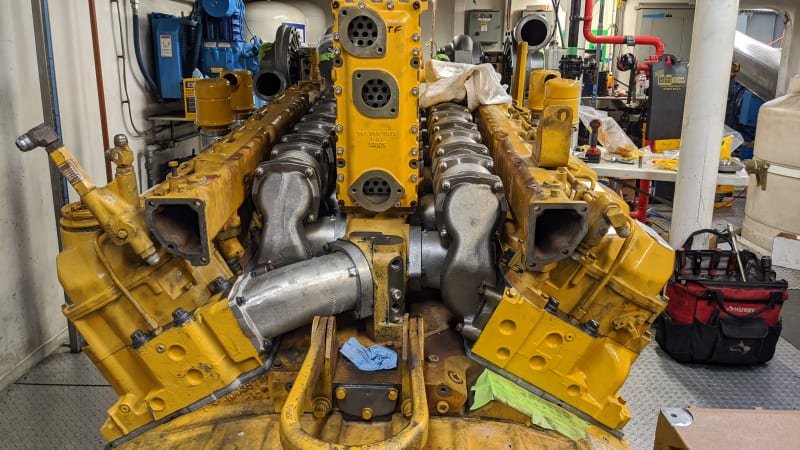enginesrus
Mechanical
Since the one thread I started, is headed way off topic, reason for this.
Engine designs that have problems or have had them.
I'll start with the 3 valve Triton.
This guy explains. Has data from others that deal with the same problems.
Engine designs that have problems or have had them.
I'll start with the 3 valve Triton.
This guy explains. Has data from others that deal with the same problems.

